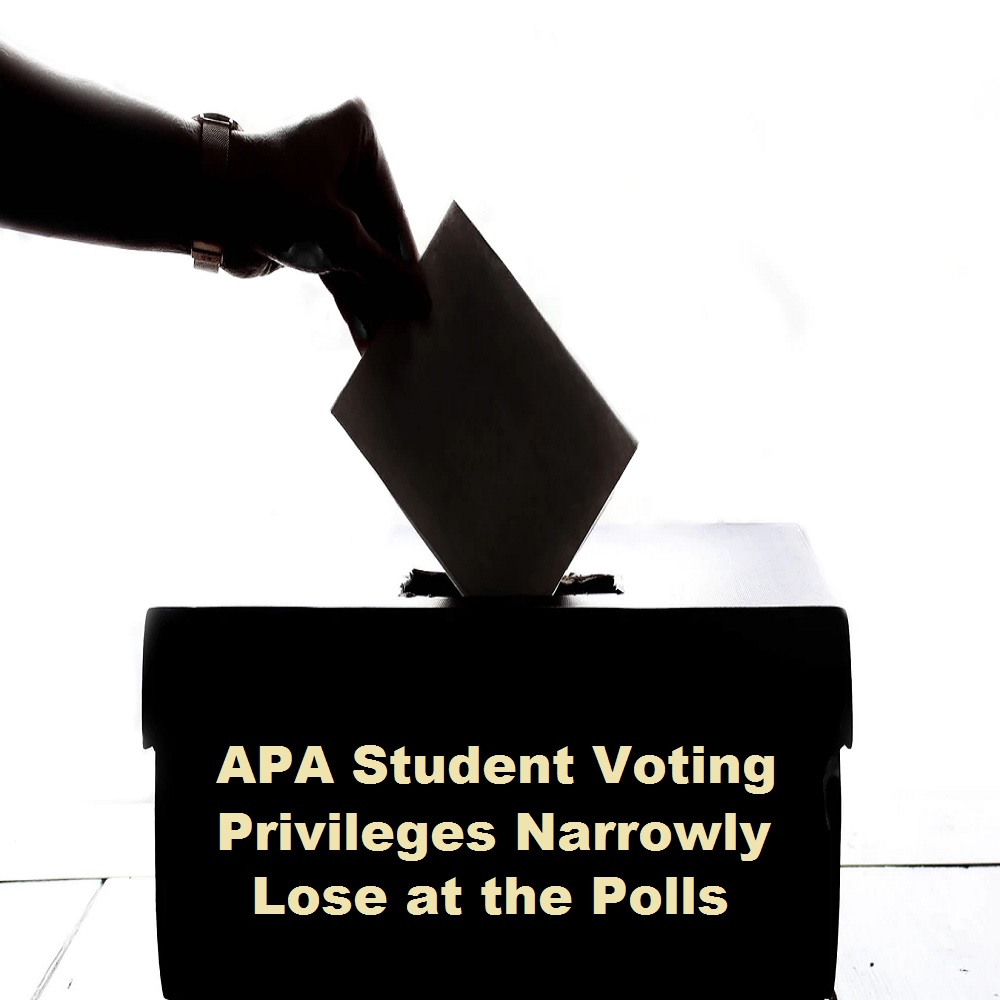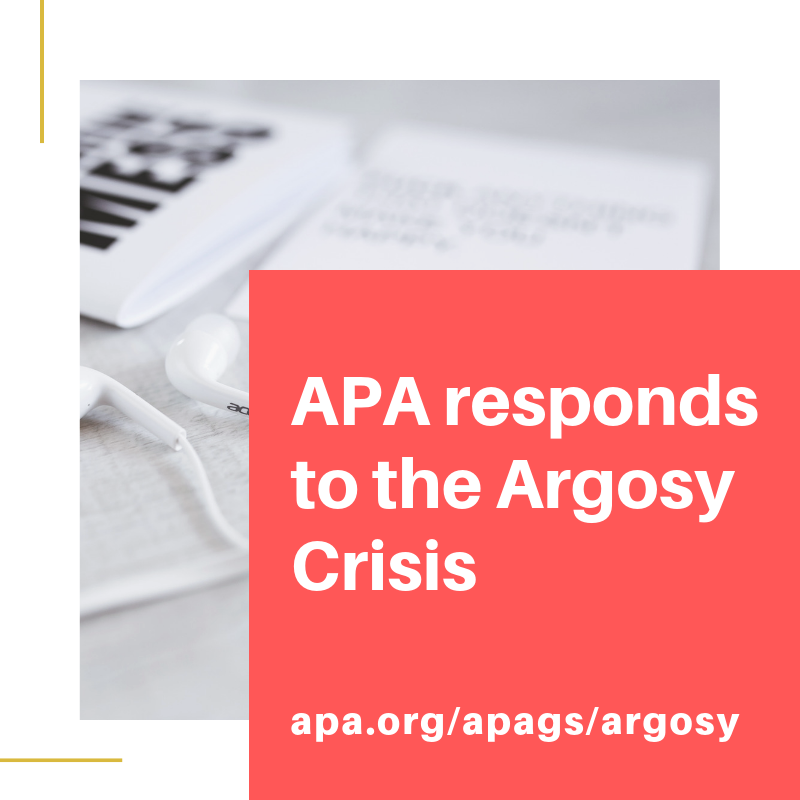 What is Imposter Syndrome?
What is Imposter Syndrome?
Have you ever felt like an imposter? Do you often look at your colleagues and feel like they are smarter, faster, or just generally better than you? Do you feel incompetent? Do you feel that you landed in your current position by luck rather than by skill or hard work? There is a term for that feeling: Imposter Syndrome.
Imposter syndrome is a term coined by psychologists at Georgia State University, Pauline Clance, PhD and Suzanne Imes, PhD in 1978. Imposter syndrome (also known as imposter phenomenon, fraud syndrome, or imposter experience) refers to the anxious feeling that one has gained success and fame only by luck and coincidence, having deceived others. People with imposter syndrome consider their successes as resulting from external factors and thus think of themselves as imposters. That is, they do not acknowledge that success was made by their effort and performance, but rather by luck, timing or coincidence.
Imposter syndrome is not limited to graduate students! In fact, Hollywood actors, Jodie Foster, Natalie Portman, Emma Watson, and the COO of Facebook, Sheryl Sandberg, have all stated that they have suffered from imposter syndrome. At some point, they all believed that their wealth and fame were gained only by luck, that people were overestimating their talent and would soon discover their incompetence.
What are the causes of imposter syndrome?
There are many factors that contribute to imposter syndrome. After an initial success, sometimes people’s perceived expectations become higher, adding additional stress and anxiety around the potential of disappointing others. Other causes include how one was raised, emotional traits (insecurity, perfectionism, etc.), and psychological problems.
The high suicide rate of Ivy League students may also be attributed to imposter syndrome. Many of these students graduated high school at the top of their class, and are now surrounded by equally smart and talented individuals. Comparatively, these students are now average in a much larger pool of students, no longer the top students in the class. As they compare themselves to other students, their self-esteem may drop considerably and they may fear no longer being able to meet others’ high expectations. This fear of being exposed along with lowered self-esteem can lead to severe depression which can be linked to suicide attempts.
People with Imposter syndrome tend to continuously question their ability and try to become perfect, potentially even discounting the fact that they have already made great achievements. Fearing failure, they may use the imposter syndrome as a defense mechanism. Believing that they are incompetent from the beginning, in order to avoid the psychological trauma caused by failure. However, such reactions can cause anxiety, low self-esteem, and negative self-concept, which in turn tends to lower their actual rate of success.
How can we keep from falling into the trap of imposter syndrome?
1. Avoid perfectionism.
Perfectionists can be so strict on themselves that they may miss smaller achievements and successes. A perfectionist tends to set extremely high (maybe even unattainable) goals, and then experience shame or defeat when they do not meet these goals. This behavior can be self destructive. Remember, the final outcome of a situation is not the only thing that defines you. Make an effort to look at a situation in totality to be able to glean other positive outcomes. For example, if you worked on a group project that did not earn the highest praise from your professor, think about positive outcomes that you did achieve– learning to work well with a diverse group; effectively managing your time; or perhaps learning new material that you may be able to apply in other settings. Finding ways to recognize accomplishments big and small can go a long way to alleviating feeling like an imposter.
2. Put less stock in what others may think of you.
The most important opinion of you is YOURS! Others may have expectations of you that are unrealistic or may be reflective of their own insecurities. While a healthy dose of “caring what others think” is useful, putting too much stock in someone else’s opinion of you may be harmful to your own self-esteem.
3. Acknowledge and celebrate yourself.
You should acknowledge that your success is the result of your effort and action, and not by luck or good fortune. In other words, one’s success is made possible by oneself. Unsure of what you have accomplished? Try making a list. Include all achievements, big and small. Add to the list throughout your graduate school career. You will be amazed by how many things you have been able to accomplish. That feeling of accomplishment will help relieve self doubt or other insecurities that may arise. When you are confident about something that you did well, that positive energy can lead to future successes.
4. Ask for help.
Do not feel ashamed to ask for help. Asking for help does not show incompetence, but rather exhibits a desire for successful outcomes. Ask freely, as there may be other people who also do not know what you don’t know, and try to find solutions together.
5. Develop resilience.
Do not be frustrated if you fail. As we have learned how to ride bicycle after several failed attempts, we finally succeed and from that point forward, we know how to ride successfully! So try not to dwell on small failures or mistakes.
6. Secure individual private time.
If you compare the success of others to your own progress, or feel the need to meet the expectation of others, you may experience discomfort or uncertainty, which can lower self-esteem. In that case, it is important to find space to be able to consider and understand the source of our insecurities and organize our thoughts to recharge and focus on our positive achievements.
We all have vulnerabilities and the desire to be acknowledged. However, perfection does not exist in this world. So let’s reframe our thinking and change our lives to enjoy and celebrate our value!
Get more information on imposter syndrome:
Hanna Park received her Bachelor’s degree in Psychology at Columbia University and Master’s degree in Cognitive Studies in Education at Teachers College, Columbia University. She worked as a journalist for the Korean Psychological Association.



 Armand R. Cerbone, PhD
Armand R. Cerbone, PhD Jean Lau Chin, EdD
Jean Lau Chin, EdD Steven D. Hollon, PhD
Steven D. Hollon, PhD Sandra L. Shullman, PhD
Sandra L. Shullman, PhD Susan Krauss Whitbourne, PhD
Susan Krauss Whitbourne, PhD What is Imposter Syndrome?
What is Imposter Syndrome?